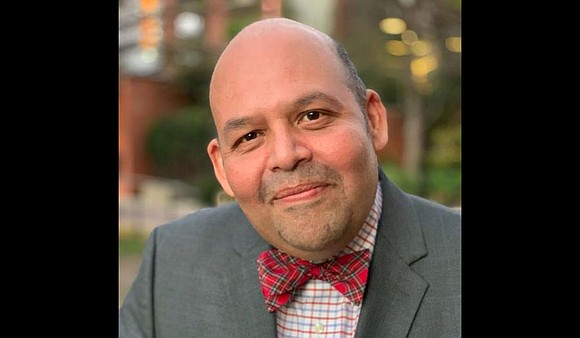Lulac Opposes Texas Public School Vouches Sought On the 50th Anniversary of Edgewood Case
Nation's Oldest and Largest Latino Civil Rights Organization Calls Efforts To Use Public Education Funding for Private Schools An Unacceptable Solution
Style Magazine Newswire | 3/23/2023, 11:28 a.m.
The League of United Latin American Citizens (LULAC) says it opposes demands by non-Latino groups to approve the use of public education funding for vouchers for private schools. Proponents say they want education vouchers to remove their children from public schools with declining grades, deteriorating classroom discipline, and academic curricula with which they disagree. Opponents say so-called school choice drains critical funding from public education and will leave students, including those with disabilities in lower-income areas, with fewer teachers and resources. Since there is no independent voucher funding stream, this will rob public schools of much-needed revenue.
"Texas LULAC strongly supports education through public schools which have historically served our communities and the largest number of children in our state," says Rodolfo Rosales Jr., Texas LULAC State Director. "We oppose school vouchers because they will perpetuate the economic imbalance the Edgewood case half a century ago so clearly showed. Children stuck in public schools in low-income areas often get a lesser education, while kids with greater mobility will attend more affluent schools with far more resources and teachers. The difference now is that public taxpayer dollars will pay for the vouchers for private schools, and that's wrong," says Rosales.
This year marks the 50th anniversary of the U.S. Supreme Court decision in the landmark San Antonio School District v. Edgewood case. LULAC supported a group of Latino parents led by Demetrio and Belen Rodriguez, who filed a lawsuit challenging the unequal funding for public schools in Texas. The plaintiffs showed that Edgewood school district, located on San Antonio's predominantly Mexican American westside, paid some of the highest property taxes. Yet, children in the community received $37 per school year compared to $413 allocated to students attending the Alamo Heights school district, located in a more affluent, predominantly white area.
The U.S. Supreme Court ruled 5-4 that equal education is not guaranteed under the U.S. Constitution. Justice Lewis F. Powell wrote that states have the right to each address public education problems. He added, "there will be more than one constitutionally permissible method of solving them, and that, within the limits of rationality, the legislature's efforts to tackle the problems should be entitled to respect."
Dr. Angela Valenzuela, Professor, University of Texas, Austin, and LULAC National Higher Education Taskforce Co-Chair, says parents need to know the facts about school vouchers. "Years of research on vouchers indicate that private schools that make use of vouchers generally do not have better educational outcomes than if a student had stayed in their own public school. And sometimes, the outcomes are worse. Plus, vouchers increase segregation by socioeconomic class status, race, and religion," says Valenzuela.




